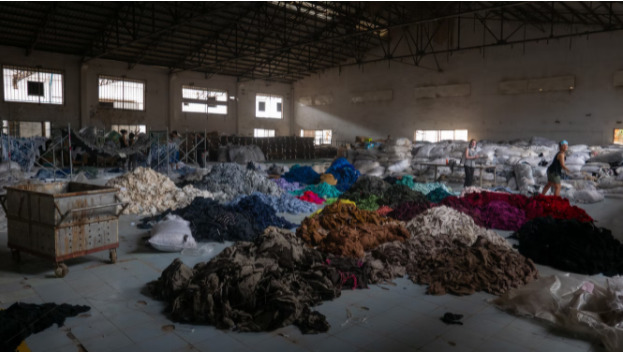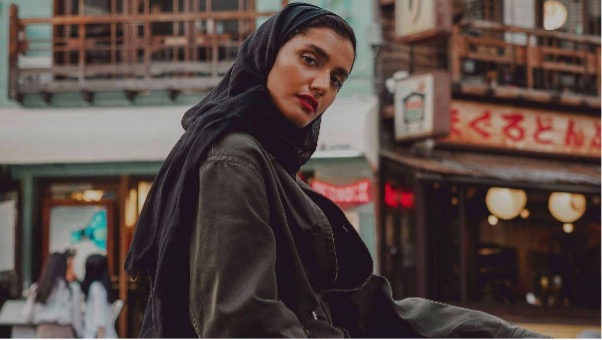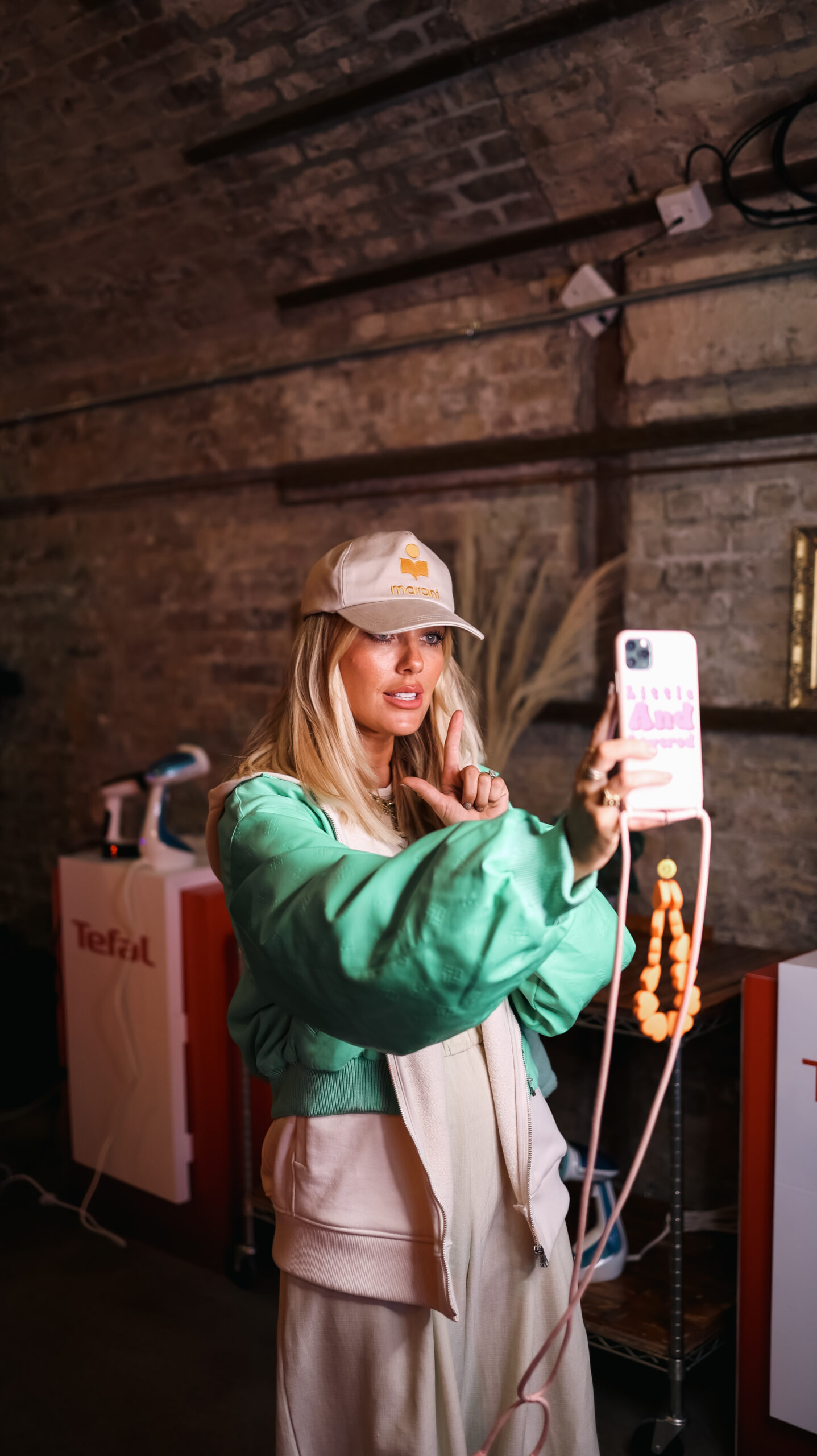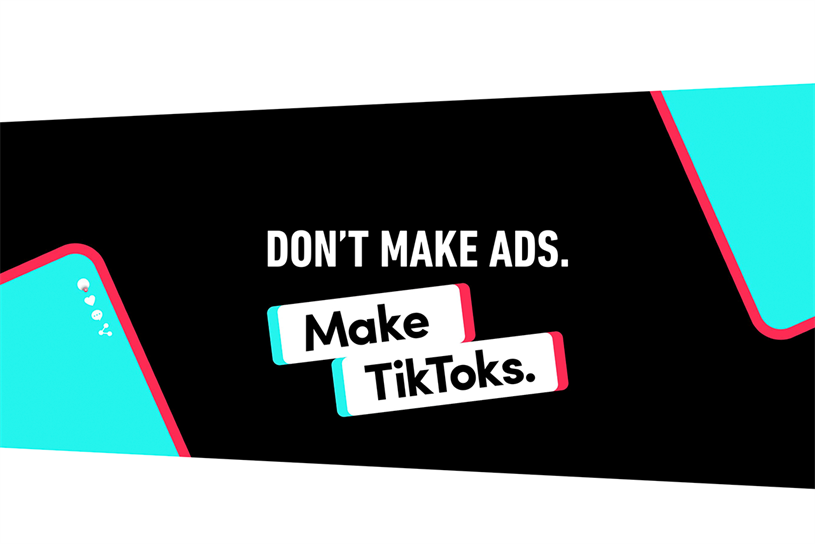The reality of “sustainable fashion”







“Sustainable fashion” has been a hot topic for the past few years. As a result of the consumer demand for transparency from companies, many brands have created social and environmental sustainability policies to show their commitment to the movement. But how genuine are these policies, and how sustainable is sustainable fashion?
While sustainable fashion doesn’t have a globally recognised definition, it is often described as the movement towards a green, ethical and economic fashion industry; three very big issues, mashed together to make one monster of a movement.
Sustainable fashion & Greenwashing
The main element of sustainable fashion brands seem to focus on is the environmental aspect. Currently, the fashion industry is the second largest global polluter and contributes to 10% of all global emissions, trailing behind the oil industry. This is expected to grow to 50% by 2030, but if fashion brands are pledging to reduce their carbon footprint and develop environmentally friendly products and packaging, shouldn’t this percentage be decreasing?
This is where we meet greenwashing. Greenwashing is where brands pose as being environmentally friendly when they aren’t. This includes having ranges and collections that are “eco”, despite still using synthetic materials and are focused around seasonal trends. The concept of seasonal trends and fads go directly against the concept of sustainable fashion—the more niche and temporary items brands make for consumers, the more waste they ultimately produce.
However, when brands position themselves or ranges as eco, at surface level consumers are inclined to believe them. This results in a vicious cycle of consumers believing they are doing good, when they have been duped into the opposite.
Greenwashing has unfortunately become a staple marketing ploy for many fashion brands. For a fashion brand to be truly sustainable, they need to create clothes that are designed to last a lifetime—in terms of style and quality.
Overconsumption in fashion
The current success of the fashion industry is led by investing in trends. By encouraging consumers to always have the latest trends, they are encouraging a disposable mindset; clothing is meant to be worn for a couple of months and then replaced for the newest fad. But what happens to the forgotten items? Most end up in landfill for hundreds of years, unable to decompose due to their synthetic fibres.
Overconsumption is an issue that extends to the second-hand fashion industry as well. Even though the initial impact isn’t nearly as harmful as first-hand purchases, by overbuying clothes, the risk of waste is just as high.
Workers’ rights concerns
One of the oldest fashion arguments in the book is concerns over worker’s rights. Unfortunately, this is still a prevalent issue in today’s fashion landscape. Certain fashion companies have notoriously ignored consumer demands to ensure their workers are paid fair wages, in favour of being able to provide insanely discounted items—that are guaranteed to sell out to loyal customers.
Underpaying workers is not ethical or sustainable. Whether this is in the UK, or abroad in garment-producing companies, factory workers are often overlooked, underpaid and treated poorly.
The impact of social media
On social media, there are thousands of conversations around the sustainable movement within the fashion industry. There are countless accounts informing social media users of the negative impact a disposable mindset has on the environment and people, many of which use social media to find other like-minded people to rally and boycott.
Unfortunately, there are also countless other social media accounts sharing $1K hauls from notably unsustainable and ethical fashion brands. The need to constantly be on top of the latest trends drives social media content and engagement. With the ease of going viral on social media, the cycle of making something popular, driving it to the ground, and then replacing it with something else is never ending.
Brands driving the sustainable movement
Adidas
Adidas are leaders within the sustainability movement. By partnering with environmental charities (most notably Parley Oceans to create shoes from ocean waste), and investing in new sustainable materials, including mushroom leather Mylo and wood-based Spinnova fibres, Adidas is showing consumers and other brands that being sustainable and fashionable is possible.

Patagonia
When you think of ethical clothing, Patagonia probably jumps to mind. Patagonia has strong labour rights and uses recycled, rather than virgin, polyester—it has also committed to reducing its energy use and emissions. Patagonia also has an initiative called Worn Wear, where Patagonia customers can trade in their old Patagonia items for a discount to buy a new item. The old items are restored and then resold at a discounted price, helping reduce the waste sent to landfill and increase the lifetime of the product.

Lucy & Yak
Lucy & Yak is a clothing company that produces ethically created clothing. Its newest factory in India is powered by social energy panels, meaning the building is completely sustainable, and all employees are paid 3-4X above the living wage. All packaging and mailers are created from 100% recycled and biodegradable materials, and the clothing items are organic or recycled.

Stella McCartney
When thinking of sustainable and ethical luxury fashion, Stella McCartney is the first name that comes to mind. The fashion house has been a pioneer of eco-friendly, cruelty-free, inclusive, and ethical fashion. Stella uses organic cotton, ethically sourced wool, regenerated cashmere, recycled textiles, while excluding fur and leather. Her stores use solar panels and LEDs for energy, and recyclable materials for packaging. The brand also follows the principles of circular fashion by using regenerative and restorative production methods.

We'll show you how to start powerful conversation, drive social engagement, build your brand, hit sales targets or meet other goals you have, wherever you are in the world.
Work with us






















